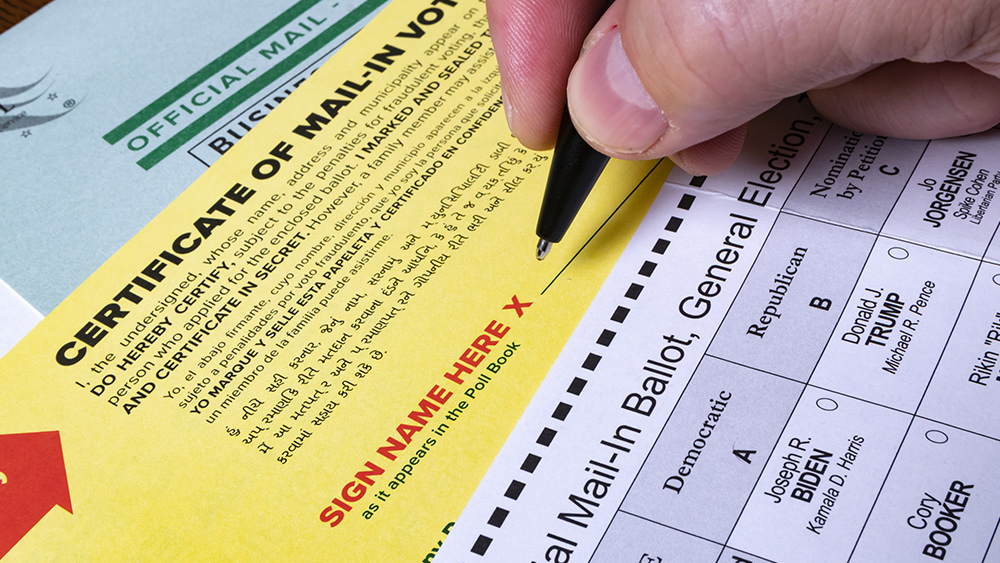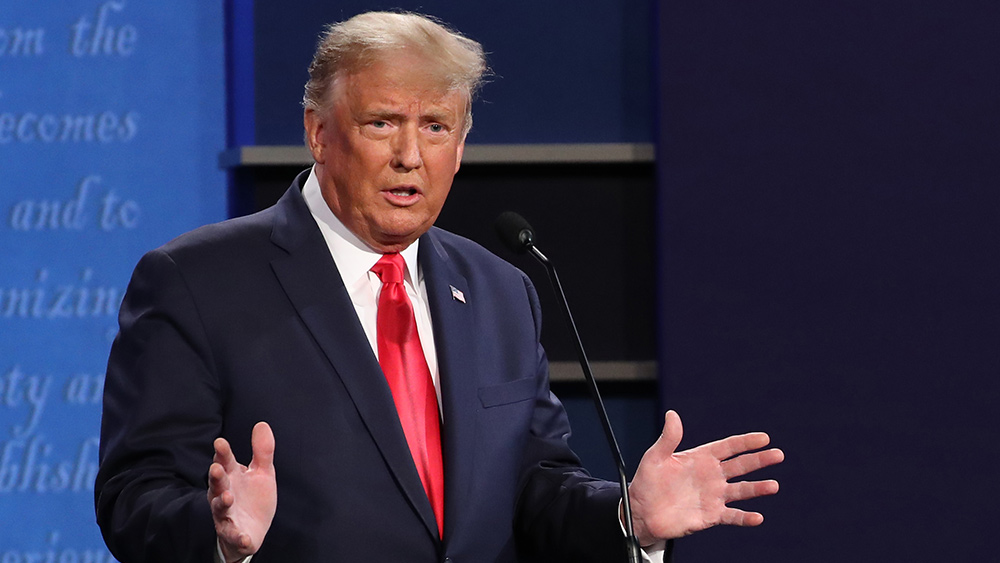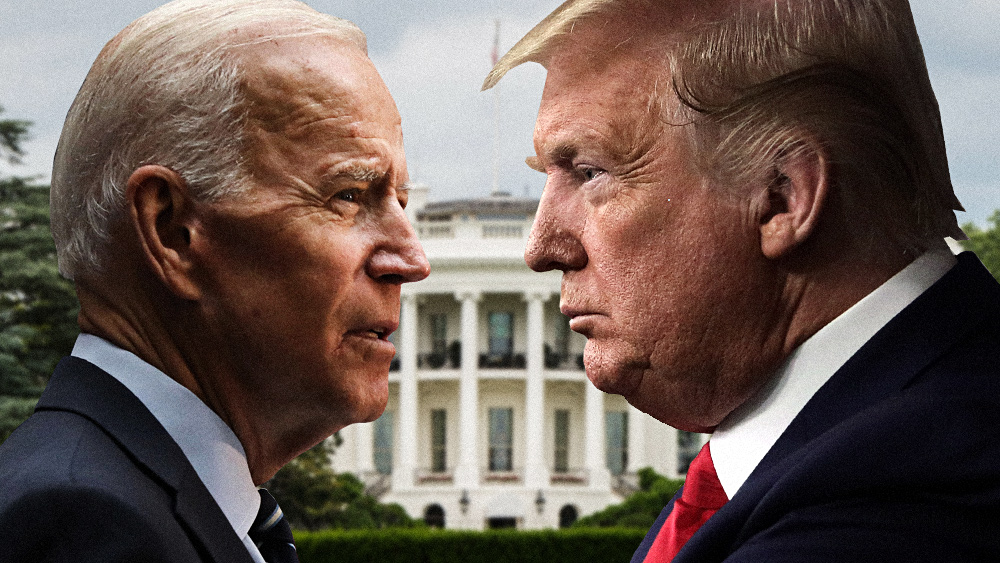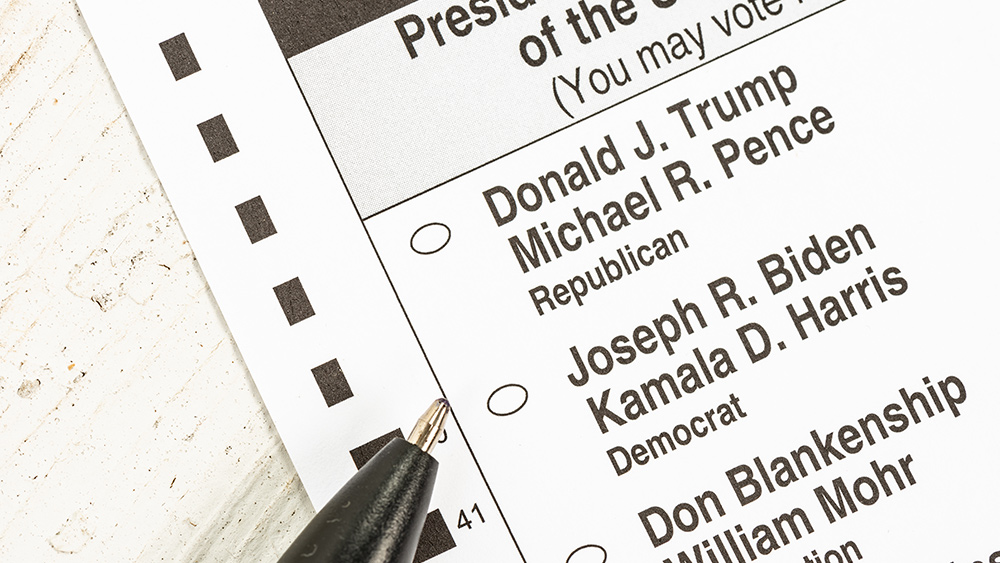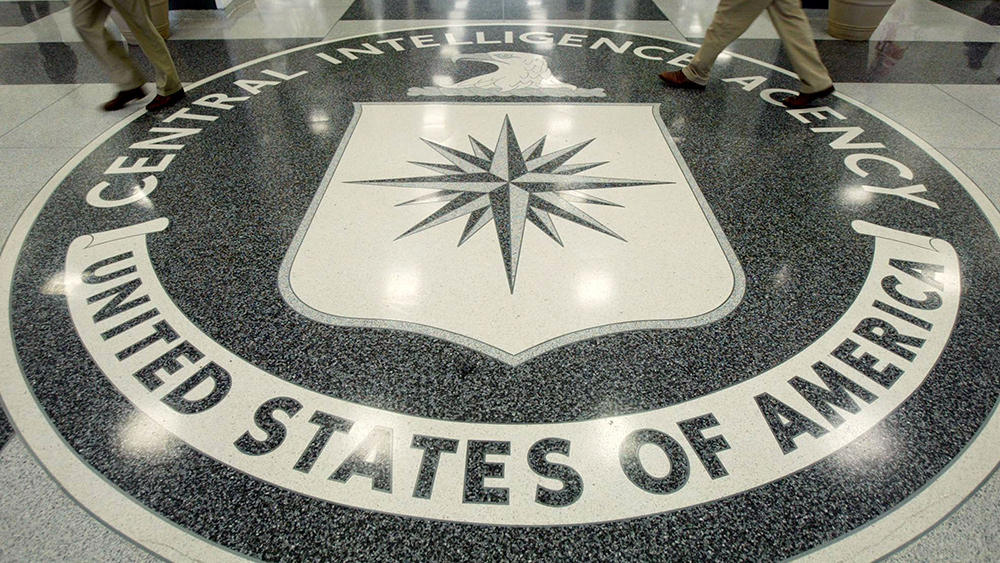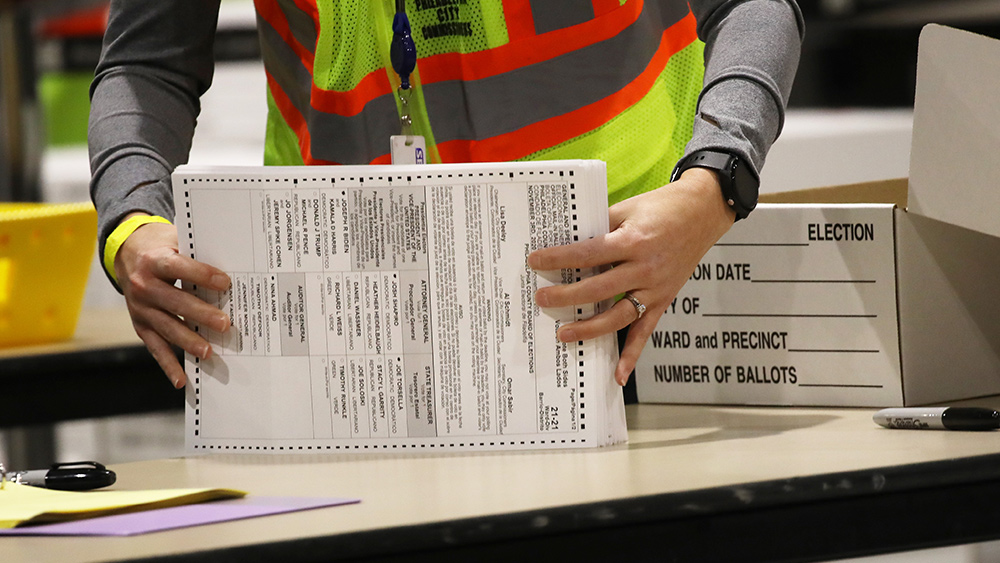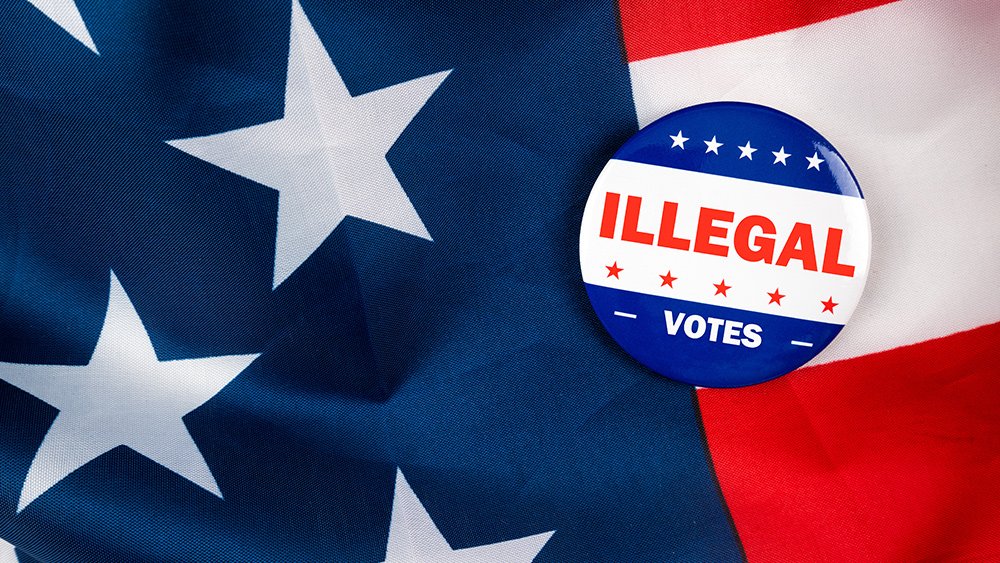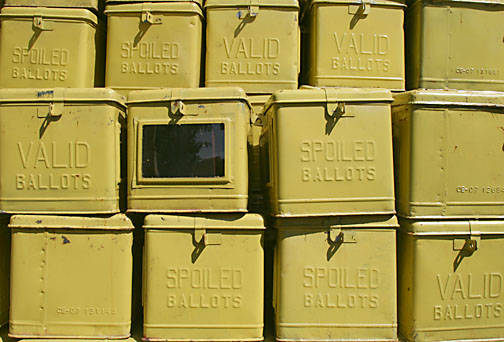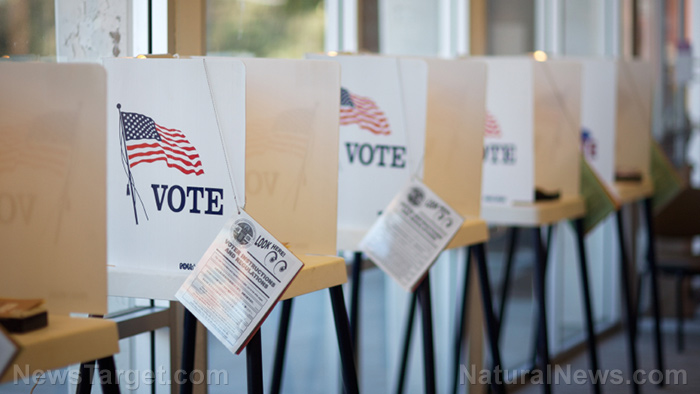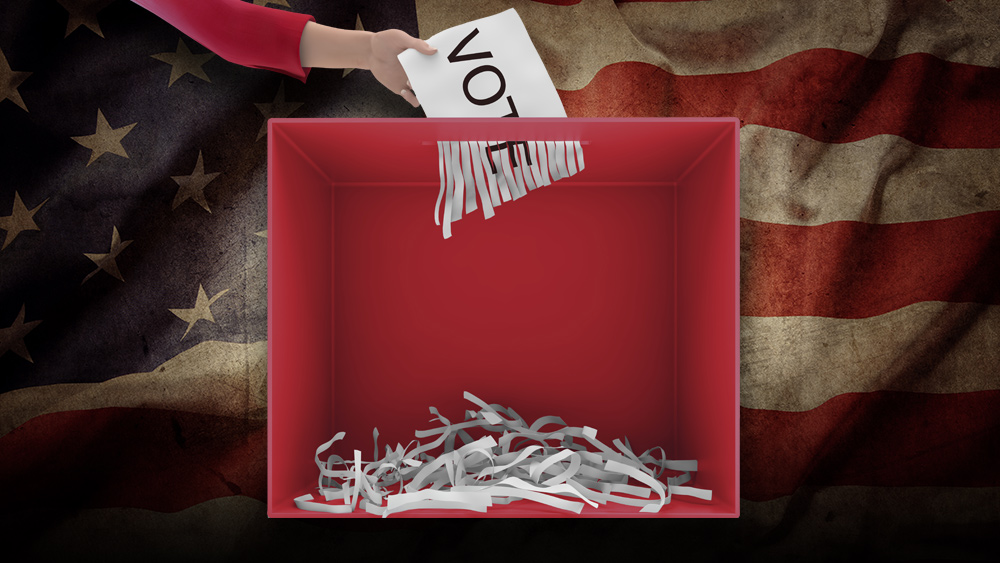Supreme Court won’t fast-track decision on Trump presidential immunity claim in election interference case
12/27/2023 / By Arsenio Toledo

The U.S. Supreme Court, in a bid to avoid a political firestorm for now, has refused to expedite its decision on the key question of whether former President Donald Trump has broad presidential immunity for actions he took as president questioning the integrity of the 2020 election.
The court refused without comment a request from Department of Justice Special Counsel Jack Smith for the high court to circumvent the normal appeals court process and quickly decide on the question. (Related: Supreme Court expected to reverse Colorado’s Trump ballot ban, side with Justice Samour’s dissent.)
By refusing, Trump’s case is returned to the U.S. Court of Appeals for the District of Columbia Circuit. There, a three-judge panel is scheduled to hear oral arguments regarding the case in January. Trump’s case also remains frozen pending the outcome of the appeal.
Smith indicted Trump back in June for allegations of conspiring to impede the peaceful transfer of power. Trump sought to have the charges thrown out by arguing that he could not be prosecuted for actions he undertook while he was still president that were related to his official duties.
Trump’s filing contends that all of the actions Smith alleges were attempts to interfere with the peaceful transfer of power were all done in his capacity as president and therefore protected.
Earlier this month, U.S. District Judge Tanya Chutkan for the District of Columbia rejected Trump’s attempt to claim presidential immunity. This set the stage for Trump – who had always expected the argument to fail – to lodge an appeal that would stay the cause while the D.C. Circuit Appeals Court considered the matter.
Trump strategy is to keep delaying the trial until after 2024 election
The Trump camp is expected to see the Supreme Court’s decision to not leapfrog the lower courts and fast-track the appeal as a massive victory. The former president is seeking to delay the trial as much as possible to prevent it from affecting his chances of winning next year’s election.
Currently, the trial is scheduled for March 2024 in the federal district court in the District of Columbia. The Supreme Court’s decision likely means the trial date will be pushed back, even if the D.C. Circuit Appeals Court rules against Trump quickly. Following a ruling, Trump can first ask the full Appeals Court to rehear the case, and he will then be given another 90 days to lodge a final appeal to the Supreme Court.
According to people with knowledge of Trump’s legal strategy, these delaying tactics involve taking weeks or even months to resolve the case in the D.C. Circuit Appeals Court and then going to the Supreme Court to secure several more weeks or even months of delay.
Smith seemed to be cognizant of this tactic, and so attempted to preempt Trump’s ploy by asking the Supreme Court to bypass the appeals process and resolve the immunity question directly. In court filings, Smith even tried to argue that keeping the March trial date was in the public interest.
Learn more about the legal troubles hounding former President Donald Trump at Trump.news.
Watch this clip from “Front Page with Scott Goulet” as he discusses the Supreme Court’s decision to not expedite his immunity case.
This video is from the Pool Pharmacy channel on Brighteon.com.
More related stories:
Supreme Court ruling could upend 300 J6 convictions and impact case against Trump.
Appeals Court: Trump NOT IMMUNE to civil lawsuits over J6 false flag riot.
U.S. D.C. Court of Appeals just destroyed America.
Sources include:
Submit a correction >>
Tagged Under:
2020 election, big government, Constitution, Donald Trump, elections, immunity, Jack Smith, legal battles, politics, presidential immunity, Supreme Court, Trump
This article may contain statements that reflect the opinion of the author
RECENT NEWS & ARTICLES
COPYRIGHT © 2017 VOTE FRAUD NEWS

